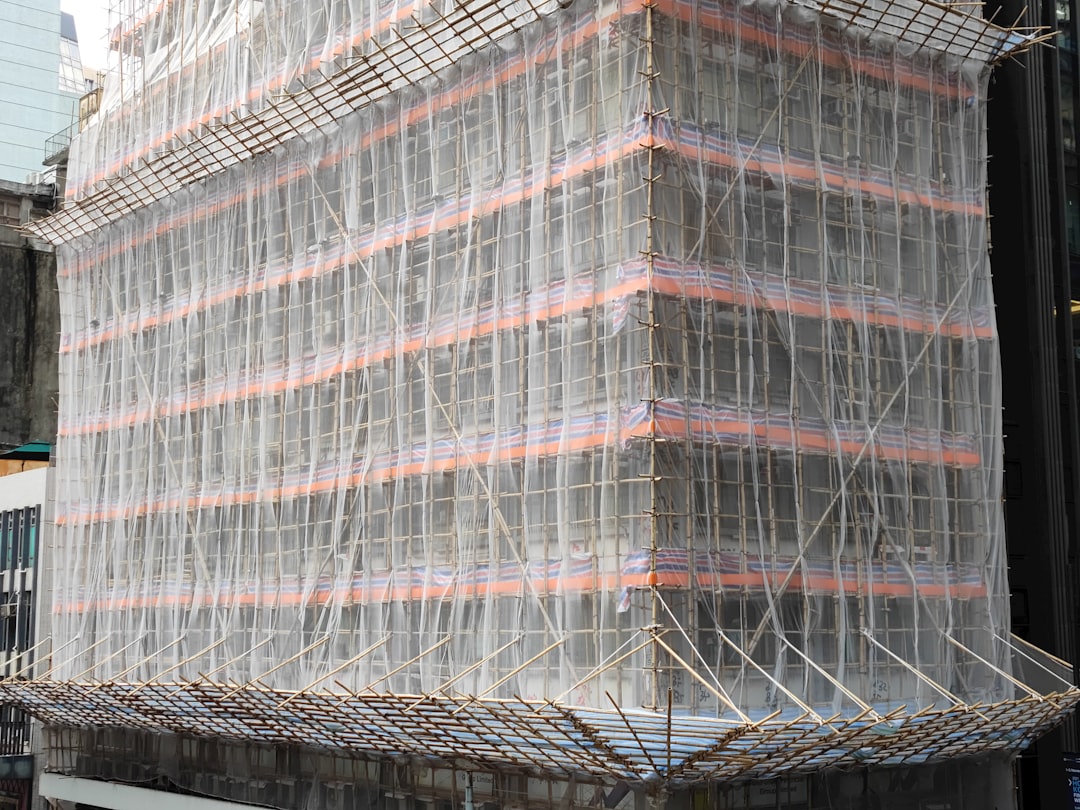
For construction professionals, understanding the cost of cellulose insulation is crucial for accurate project estimation. As of February 2026, the cost ranges from $1.00–$1.80 per square foot installed, including labor and materials. This price is influenced by factors such as material density, depth of coverage, and project size.
Based on extensive data, blown-in cellulose insulation in New England typically costs $1.00–$1.80 per square foot installed. This includes labor, equipment, setup, and cleanup.
• Material density: Dense-pack walls cost more than open attic floors
• Depth of coverage: Every added inch increases material volume
• Accessibility: Narrow rafters or steep roofs add labor time
• Existing insulation removal: Old fiberglass has to go somewhere
• Project size: Larger square footage spreads mobilization costs
Urban Boston jobs trend 8 – 12% higher due to parking permits, disposal fees, and travel time. Suburban projects often use portable blowing machines that cut setup labor, reducing costs by up to $0.15 per square foot.
Our AI listens to your description, scans your blueprint, and combines that data with live supplier feeds. Here is the process our clients experience:
1. Speak your project into the CountBricks mobile app
2. Upload a photo or PDF of the space if available
3. Our engine matches assemblies from the CountBricks Materials Cloud
4. Regional labor rates are pulled from our verified contractor network
5. You receive a line-item estimate and ready-to-send homeowner quote
Because the calculation happens in seconds, you can adjust R-values or square footage on the fly and watch numbers update in real time.
• Fiberglass batts average $0.90–$1.35 per square foot but often leave gaps
• Spray foam runs $3.00–$4.00 per square foot and requires vacating the home during cure
• Cellulose strikes a balance between performance and affordability, especially when rebates are applied
CountBricks makes side-by-side cost comparisons effortless, so you can justify choices to homeowners with transparent data.
Renting a blower might look cheaper—material bundles hover near $0.55 per square foot—but hidden costs add up quickly:
• Equipment deposits and transport
• Longer install times and potential voids
• Disposal of packaging and old insulation
• No labor warranty if density targets are missed
Professionals using CountBricks scheduling enjoy discounted material pricing and manufacturer-backed warranties. For most residences, pro installation delivers better coverage and peace of mind while remaining within 15% of typical DIY totals.
• Guaranteed R-value compliance on inspection day
• Digital job cards generated directly from CountBricks.com
• End-of-day photo documentation stored in your project portal
• Combine air sealing and insulation in one visit to cut labor redundancies
• Target a consistent 12-inch depth rather than over-insulating small areas
• Schedule work during shoulder seasons when contractors offer off-peak rates
• Ask CountBricks to pre-qualify state energy rebates before signing
• Use our blueprint takeoff tool to avoid over-ordering by more than 3%
Energy prices shift, code requirements tighten, and families grow. If your cellulose is older than 20 years or you have added living space, request an updated CountBricks assessment. Our AI compares historic and current costs, showing whether a top-off now pays back in under five heating seasons.
Every square foot matters. From first phone call to final invoice, our platform keeps costs transparent, timelines realistic, and homeowners informed. Visit CountBricks.com to book a free, five-minute cost check today.

The Mayhew family owned an 1890 triple-decker in Dorchester with a drafty third-floor unit. Using our voice estimator, the contractor described 1,050 sq ft of unfinished attic, 8-inch joists, and one tight hatch. Within 60 seconds, CountBricks generated a detailed estimate:
• Material: 330 bags of dense-pack cellulose at $0.68 per pound
• Labor: 2.5 installer days at regional rate of $54 per hour
• Equipment: Portable blower rental waived through CountBricks vendor partnership
• Total installed price: $1.58 per square foot
1. Blueprint takeoff verified square footage within 2% of the field measurement
2. The homeowner approved the digital quote and paid a 10% deposit through the CountBricks portal
3. Installation finished half-day early; real-time adjustments dropped final cost to $1.52 per square foot
4. Post-blow infrared imaging showed zero voids, surpassing MassSave audit standards
• Accurate takeoffs reduce costly material overages by up to 5%
• Live pricing lets contractors lock in supplier discounts before market shifts
• Digital photo logs build homeowner trust and curb callbacks
Whether you supervise ten crews or manage your own renovation, CountBricks puts enterprise-level estimating tools in your pocket. Explore more success stories at CountBricks.com and discover how our AI platform can streamline your next cellulose insulation job—from square foot to final invoice.